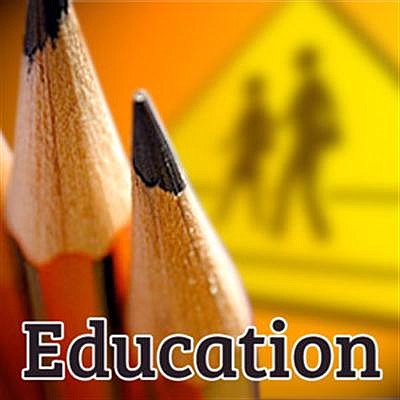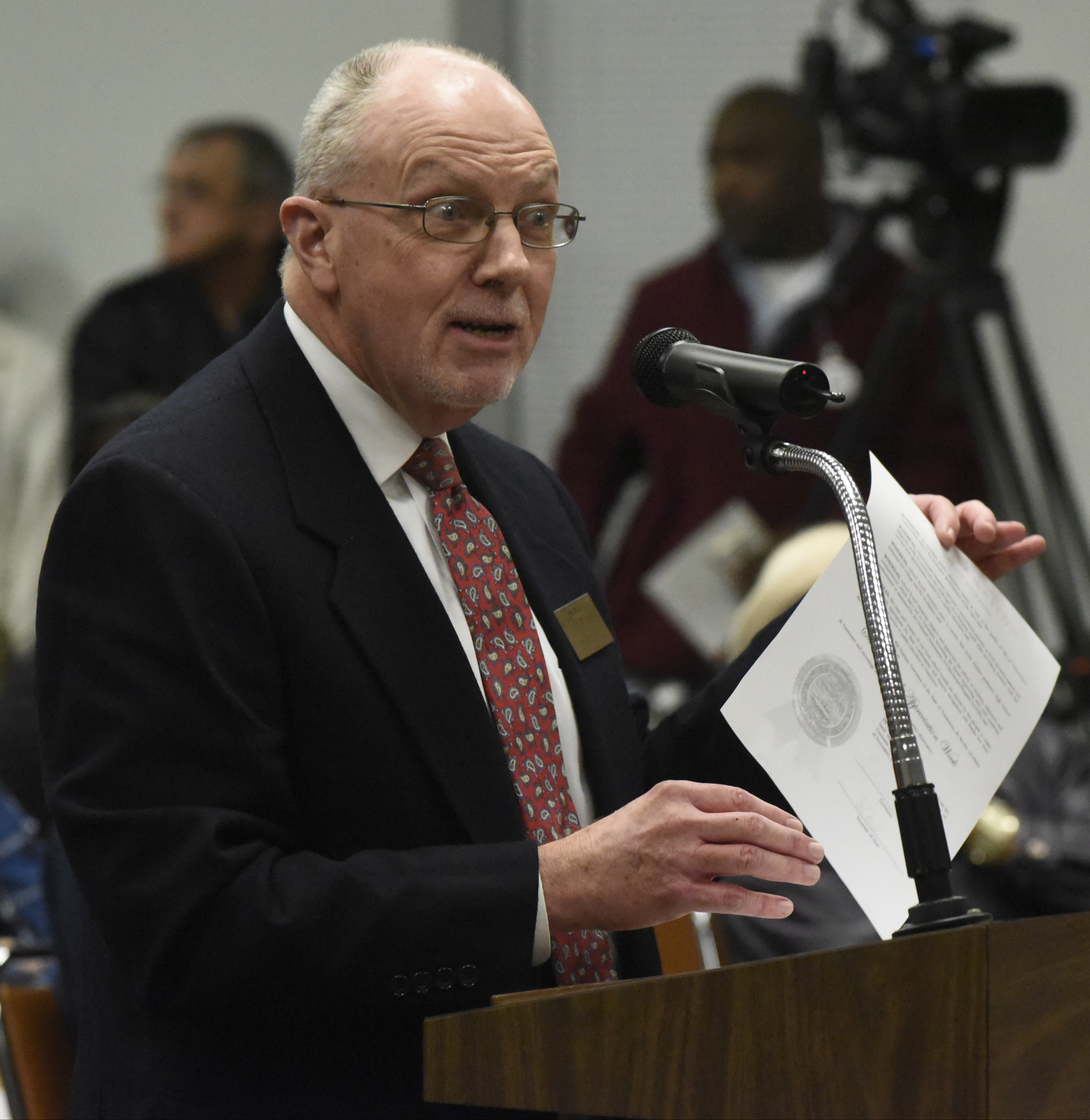*FIVE PRIORITIES
1. Implement TNReady and aligned interim assessments2. Ensure equitable outcomes for historically underserved populations3. Empower Tennessee’s teachers4. Invest in Tennessee’s school and district leaders5. Cultivate community and business partnerships in education
A just-released State of Education in Tennessee report by the State Collaborative on Reforming Education highlights five priorities the nonprofit organization is encouraging the state to pursue this year to improve student achievement in public schools.
The report and its priorities are compiled every year after the organization spends several months deliberating with teachers, principals and district leaders across Tennessee.
This year, SCORE emphasized the need to implement TNReady, which is a revamped Tennessee Comprehensive Assessment Program that began testing in late 2015.
Teresa Wasson, director of communications at SCORE, said the implementation of a new TCAP test was a significant step forward for the state and a milestone after years of work to raise student achievement.
She said Tennessee has raised standards, improved teacher evaluations, changed the accountability system, and now TNReady is an assessment designed to work with those changed standards.
"It's the final piece in a project that has many components, and we think it's critical," she said.
Priorities also include the need to empower teachers in their positions and ensure equitable outcomes for underserved populations that have historically suffered an educational disadvantage.
The need to target struggling schools has become even more pressing in the Chattanooga community recently as employers have found they cannot find enough qualified local candidates to fill vacant positions. And still more growth is expected.
Chattanooga 2.0, an initiative developed by a coalition of businesses, educators, and foundations that was launched last month, seeks to address precisely that issue. The coalition hopes to advance an ongoing conversation about the state of education in Chattanooga and, by extension, the region's economic fate.
Dan Challener, president of the Public Education Foundation and a member of the SCORE steering committee for this report, said he believes several of the priorities listed are directly in line with what Chattanooga 2.0 is trying to do.
"I think it's important to recognize these are recommendations that are very consistent with Chattanooga 2.0," Challener said. "The statewide report is incredibly consistent with the priorities of our own community."
In particular, he said he was "very impressed that the document presented the pros and the cons of TNREady."
He said the first 15 pages he read presented the positive aspects of the program, while the final pages dealt with some details he and other teachers feel must be corrected.
However, despite the fact the report calls for fewer but better tests, Liner said teachers believe students are over-tested.
"Unfortunately, even though there were some changes made, we continue to test students too much," he said. "That is a factor of great concern."
Contact staff writer Emmett Gienapp at egienapp@timesfreepress.com or 423-757-6731.

